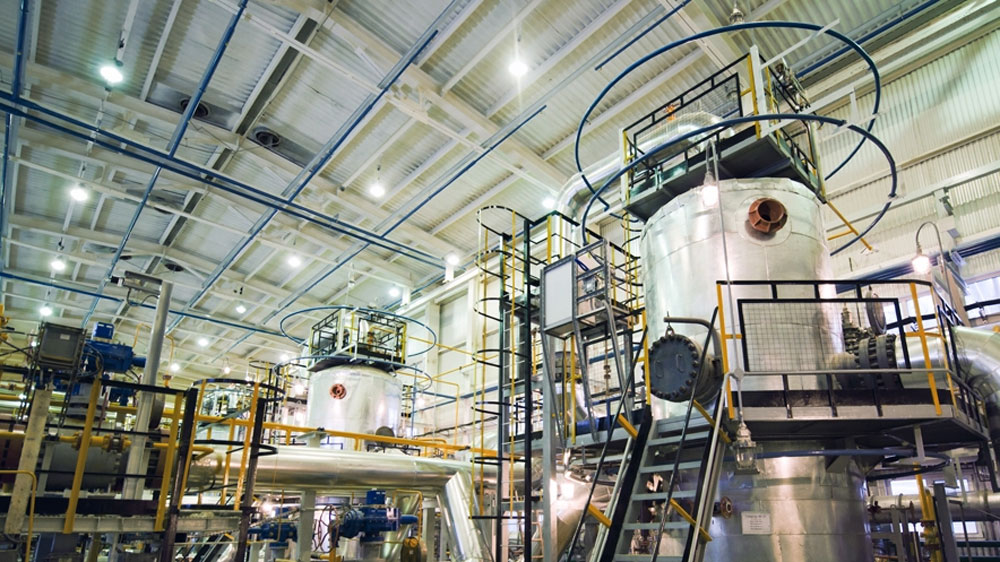Fiscal predictability versus attracting funds
Supplementary charge applied to energy companies
For energy companies, 2018 does not come with very good news. Government has decided to maintain the supplementary charge applied to these companies, despite promises made every year by all the governments that have succeeded at Victoria Palace. A blow is also received by companies that are preparing to extract natural gas from the Black Sea. For them, the Government has decided to apply a supplementary charge of at least 20%, which could turn as a boomerang against consumers.
The Government maintains this year the supplementary charge of at least 20% for natural gas to be extracted in Romania and not consumed in the country, according to the Report on the macroeconomic situation for 2018 and its projection for 2019 – 2021 prepared by the Ministry of Finance.
“In the field of corporation tax: setting up a supplementary charge on the profit obtained in the field of natural resources. Thus, in terms of profit taxation, a restoration of fairness is represented by the supplementary charge on profits obtained from the extraction of natural resources unprocessed in Romania, of at least 20%,” the quoted document mentions.
This measure could be a major obstacle in the way of gas exploitation in the Black Sea, in conditions in which such natural gas resources cannot be entirely consumed in Romania. This tax increases the costs of companies that will extract gas from the Black Sea, representatives of the profile industry claim. On the other hand, if the tax is included in the final selling price of natural gas, it could become unattractive for customers, due to the price. This measure adds to another, equally challenged, which provides that 70% of the national gas production must be traded in Romania, on the OPCOM market. Companies targeted by this measure claim that it prevents them from concluding long-term contracts ensuring a financial stability to support the investment programs. This percentage would later increase up to 100%, depending on Government’s decision.
Also, under the State Budget Law, the Executive has decided that the tax applied to companies that carry out natural monopoly activities in the electricity and natural gas sectors will be maintained at least until the end of 2018. Special taxes for the exploitation of natural resources and windfall gains obtained by energy companies from the deregulation of gas prices will also be extended by one year. The monopoly tax is owed by electricity and natural gas transmission operators (Transelectrica and Transgaz), as well as by certain electricity and gas distributors, holders of concession agreements concluded with the Ministry of Economy or with local authorities. Tax rates range between RON 0.1 and RON 0.85/MWh and apply to income resulting from electricity and natural gas transmission and distribution. The tax was introduced in 2013 and initially was provided to be withdrawn at the end of 2015. Subsequently, Ponta and Grindeanu governments decided to maintain it.
As a spending policy, the medium-term measures outlined in the document are aimed at: providing a sustainable level for wage and pension expenses in the public sector; directing the available resources to public investments in the following areas: infrastructure, agriculture and rural development, energy and advanced technology; re-orienting public investment expenditure to achieve a gradual shift from investments entirely funded from national sources to investments co-financed by European funds; accelerating the pace of spending of European funds in order to improve the absorption rate; continuing the financing of state aid schemes during 2018 – 2021, in order to contribute to the creation of new jobs, making investments that use new technologies, obtaining innovative products, services and technologies, with effects on the economic growth and ensuring the macroeconomic stability.



